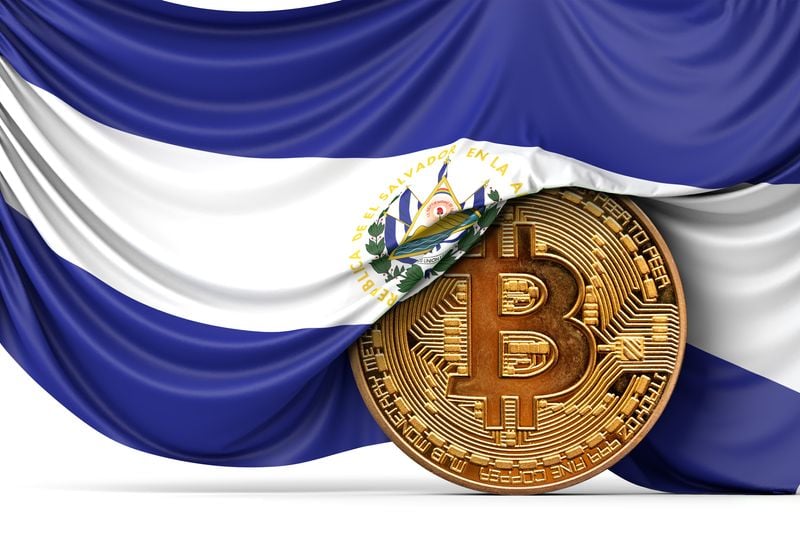The International Monetary Fund (IMF) has urged the El Salvadoran government to consider the risks of Bitcoin, even as the country plans to introduce new legislative reforms to encourage the use of crypto assets. But is there merit to the IMF’s warning?
Geopolitical analyst and President of Scarab Rising, Inc, Irina Tsukerman, believes IMF’s warning is more like an insurance policy against criticism regarding the loans for El Salvador, instead of a serious argument against the country’s policy.
Read More: People see Bitcoin as a future means of transaction
“The reason for that is practical,” explains Tsukerman, adding that “El Salvador in practice has invested such a tiny fraction of the budget into cryptocurrency that it can hardly make a negative impact against its economy.”
The fault’s with IMF
Tsukerman argues that while Bitcoin can be used as an official currency by means of providing the citizens with options, most of the country still relies on local currency or dollars for transactions.
She instead points the finger at the IMF, which she believes is facing pressure from traditional financial institutions that are threatened by the rise of cryptocurrency.
Tsukerman says that ironically El Salvador’s economic growth has been constrained by this false perception of excessive risk that IMF itself has created, despite the country’s modest investments.
Read More: IMF more upbeat on global economy
She is of the opinion that by voicing negative expectations and exaggerated perception of risk, the IMF is making it harder for the country to succeed in any area of investment, including the vast majority that’s completely unrelated to cryptos.
“IMF should not create undue panic that undermines a thoughtful strategy; history of IMF involvement in developing countries has shown that it has also made mistakes and imperfections, and thus it cannot hurt to be open to diverse perspectives, including experiences from the people in countries it is working with,” says Tsukerman.
Ripe for study
Disregarding the IMF’s warning, Tsukerman thinks El Salvador should be praised for successfully balancing entrepreneurial risk and vision with pragmatic caution and its economic realities.
“The fact is, cryptocurrency will continue to fluctuate due to economic developments, its nature, and the fact that it is a novel digital asset, and until the regulatory landscape becomes more clear, the expectation of risks will not fully resolve itself,” says Tsukerman.
And the country has taken the right steps to mitigate the risks by investing resources into an educational center to make sure that those who do invest in cryptos understand what they are getting into.
Tsukerman thinks this is the kind of cautious experimental approach that can prove advantageous for developing countries seeking to help their population by leveling the playing field in terms of payments in the international markets against inflation and fluctuations in currencies.
Read More: Will 2023 be an exciting year for crypto?
Hailing El Salvador as a positive example, she believes the country’s steps to liberalize its economy and payment options in a controlled manner, will make it more attractive to traditional investors and also improve its credit standing.
“It is quite obvious that despite significant economic challenges, El Salvador is making significant progress integrating crypto but not relying on it as a panacea for all ills,” concludes Tsukerman.








